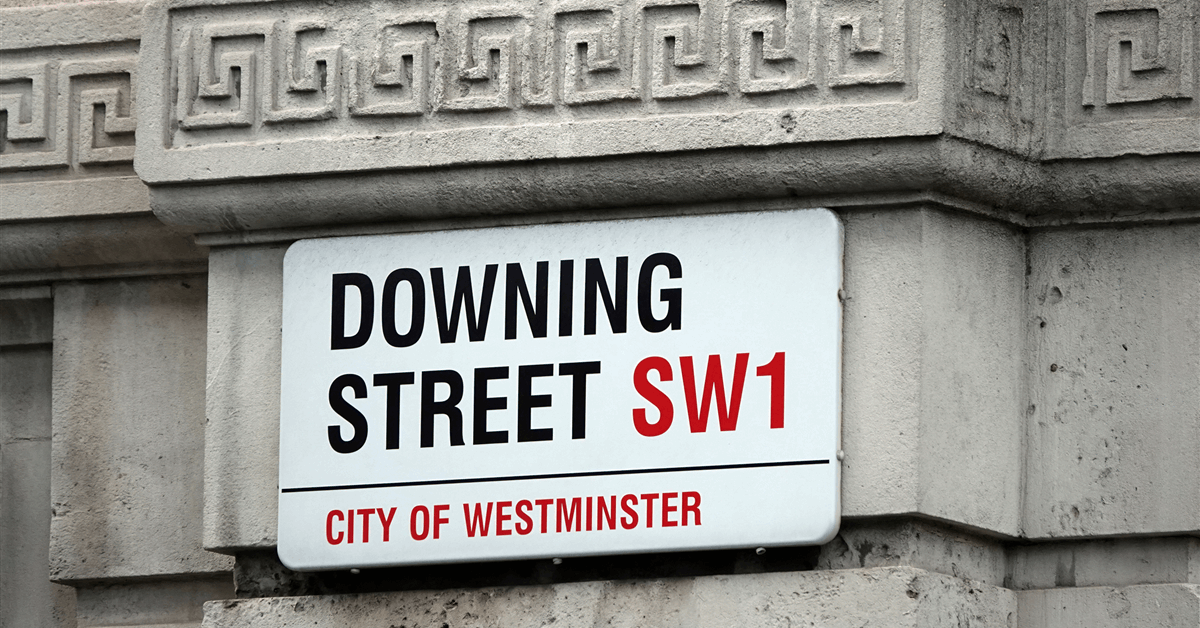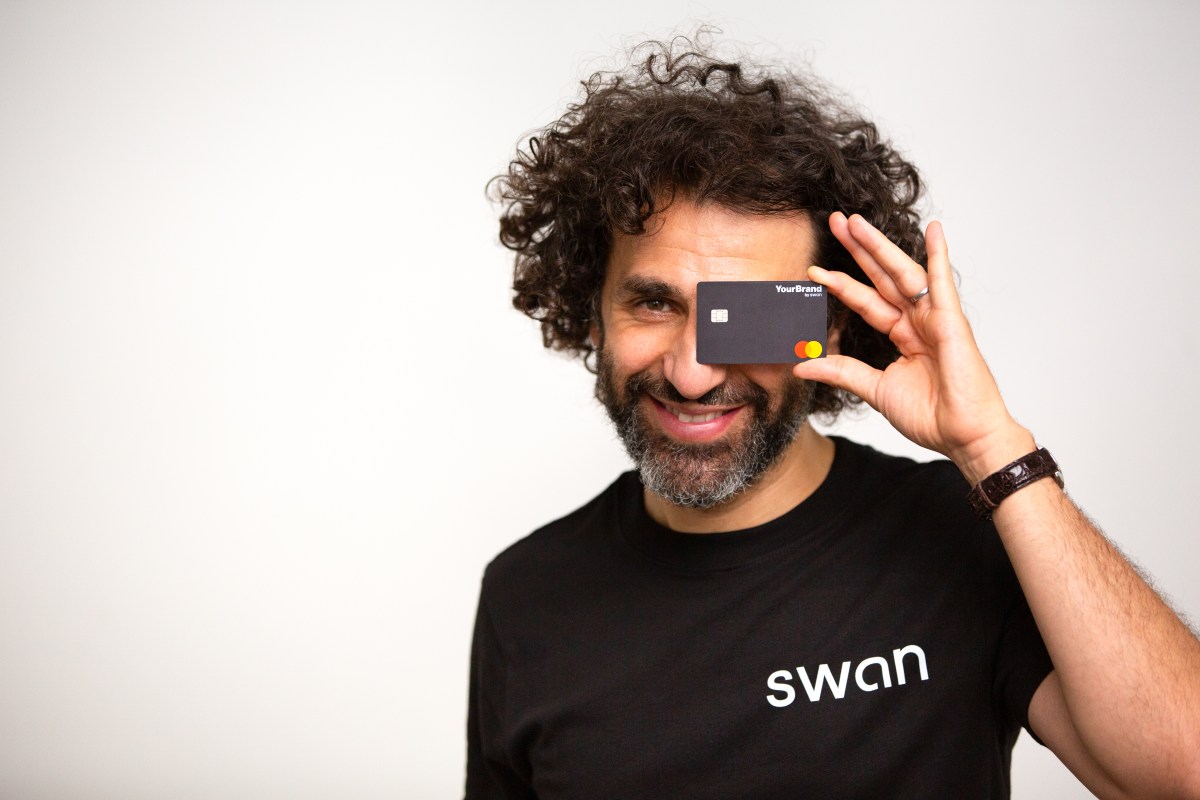9 Things You Should Do for Your Brain Health Every Day, According to Neurologists
Chat with a friend, skip the beer and cigarettes, and eat like you're vacationing on the Italian coast.


Taking care of your cognitive health ought to be—well, a no-brainer. According to a survey published in March, 87% of Americans are concerned about age-related memory loss and a decline in brain function as they grow older, yet only 32% believe they can take action to help control that trajectory.
“All of us want to be cognitively intact for as long as possible,” says Dr. Seemant Chaturvedi, a neurologist and stroke specialist at the University of Maryland Medical Center. The good news, he adds, is that “there are definitely risk factors that can be modified.” Prioritizing healthy behaviors can increase the likelihood that, when we reach our 70s and 80s, we’re still able to summon important memories, drive a car, and engage in a wide variety of activities, Chaturvedi says. And there’s no such thing as “too young” to start taking these steps. [time-brightcove not-tgx=”true”]
With that in mind, we asked four neurologists what we should all do every day for better brain health.
Manage your chronic illnesses
If you have high blood pressure, high cholesterol, or diabetes, it’s essential to make sure it’s under control. Each condition can “damage the blood vessels in the brain and increase the risk of stroke and dementia,” while diminishing cognitive function, Chaturvedi says. In one study, for example, people who had hypertension in their 40s to early 60s had a 6.5% steeper decline in cognitive skills—including mental processing speed and executive function—in their 70s, 80s, and 90s, compared to those with normal blood pressure. Other research has found that people with higher levels of LDL cholesterol and lower levels of HDL cholesterol tend to have more amyloid plaque in their brain, which is linked with Alzheimer’s disease.
That’s why it’s important to get your numbers checked regularly, and to work with your doctor to establish a treatment regimen, Chaturvedi says. The sooner you do that, the better: “If you’re 35 or 40 and have high cholesterol, the current belief is that it’s better to start treatment early,” rather than waiting until you’re 65 or 70 and have a heart attack, he says. “If you get started early, maybe you could either postpone or never even have the heart attack,” which would be doing your brain a big favor.
Read More: 7 Metrics Everyone Should Know About Their Own Health
Exercise for 30 minutes
Your entire body will benefit if you work out at least a few days a week—and that includes your brain. Research suggests that exercising improves cognitive processes and memory, while increasing the thickness of your cerebral cortex, which is responsible for tasks like language, thinking, and emotions. “We’re learning more and more about the benefits of regular exercise for brain health,” Chaturvedi says. “Even in patients who have mild dementia, it’s recommended they engage in exercise three to five times a week.”
Whatever activity you choose—walking, biking, swimming—make sure you’re operating at a moderate intensity, or about 50% to 80% of your maximum heart rate. “A rule of thumb I give my patients is that if you and I were going for a walk, we’d want to be walking at a pace where we’d be pretty out of breath, but we’d still be able to have a conversation,” says Dr. Carolyn Fredericks, an assistant professor of neurology at Yale School of Medicine. One type of cardiovascular exercise doesn’t appear to be better than any other, she adds: “It’s just getting your heart into that range and keeping it there for a while.”
Rest up
Not getting enough sleep is a key risk factor for dementia, says Dr. Augusto Miravalle, a neurologist and multiple sclerosis specialist at Rush University Medical Center. Research suggests that people in their 50s and 60s who get six hours of sleep or less per night are 30% more likely to be diagnosed with dementia than those who log at least seven hours of Z’s. Another study found that sleep-initiation insomnia, or trouble falling asleep, is associated with a 51% increased dementia risk.
So what should you do if you lie awake at night counting sheep? Invest time in improving your sleep hygiene, which means taking steps like avoiding caffeine and alcohol in the evening, limiting naps, and putting away electronics before bed, Miravalle advises. If that doesn’t work, schedule an appointment with a sleep specialist to figure out if you need a more aggressive approach. Options like cognitive behavioral therapy for insomnia can help some people achieve more restful slumber.
Read More: The Best Way to Treat Insomnia
Eat like you’re vacationing on the Italian coast
Fredericks always recommends her patients follow a Mediterranean diet, which emphasizes fruits, veggies, whole grains, fish, nuts, seeds, and healthy fats. “We’ve tried over the years to find the secret ingredient that makes the Mediterranean diet work,” she says. “Like, could it be the omega-3’s in the fish, or the vitamin E in the nuts? But every time we try to study an individual ingredient, we don’t actually see that big of a difference at a large group level.” What appears to be most impactful, she adds, is the style of eating and emphasis on whole foods.
In addition to prioritizing certain ingredients, Miravaelle recommends avoiding those that negatively impact brain health, like trans fats and too much salt. In one study, young and middle-aged men who followed a diet heavy in trans fat remembered 11 fewer words out of 104 than those who didn’t consume as much. And excessive salt intake is linked with stroke, cognitive impairment, and cerebrovascular disease, which affects the brain’s blood vessels and circulation.
Challenge your mind
People often ask Dr. Roy Hamilton what kind of intellectual stimulation is best: Should they put together puzzles or play Sudoku every day? What about video games? He tries not to be overly prescriptive, but offers a few guidelines. Brain-boosting activities should be “mildly challenging,” says Hamilton, who’s a professor of neurology, psychiatry, and physical medicine and rehabilitation at the University of Pennsylvania Perelman School of Medicine. If they’re too easy, your return-on-investment will shrink; too hard, and you might give up before benefitting. “It’s got to be somewhere in the sweet zone, and it has to be something that you want to do,” he says.
Rather than focusing on one pursuit—playing games, learning a new language, reading classic literature—Hamilton recommends curating a “diet of intellectual activities.” “You’re probably not going to get optimal effects just by picking Wordle and being like, ‘I do Wordle every day, and that’s how I maintain my cognition,’” he says. “The brain’s a lot more complicated than that.” He compares it to asking a nutritionist what you should eat for a healthy diet: The answer wouldn’t be carrots, more carrots, and only carrots. Make it a point to exercise your brain in a variety of ways, he encourages, just like you feast on lots of different snacks and meals every day.
Chat with a friend (or two)
There’s no single metric for how much time we should spend around other people. Yet research is clear that social engagement strengthens the neural networks involved with attention and memory. In one study, adults ages 70 to 90 who said they had pleasant social interactions on a given day had better cognitive performance on that day and the following two, compared to when they didn’t have any such encounters. “Our brains aren’t meant to exist in isolation,” Fredericks says. “I think COVID drove home to all of us that we’re not meant to be alone in our apartments or houses—it just doesn’t feel good.” To boost your social life, consider reaching out to old friends, joining a birdwatching club or another group, volunteering, or video-chatting with a long-distance family member.
Read More: How to Make Friends as an Adult—at Every Life Stage
Skip the beer and cigarettes
Drinking excessively isn’t good for brain health. Research suggests it can damage the parts of the brain involved in important functions like memory, decision-making, impulse control, and attention. “The more you drink, and the longer period of time over which you’re doing that volume of drinking, the worse it is for your brain,” says Hamilton, who’s on the board of trustees of the McKnight Brain Research Foundation. Think about it: When you overimbibe, you lose your inhibitions because the circuits that control your behavior go offline. “You’re literally causing temporary brain dysfunction,” Hamilton says, and over the long term, that damage takes a toll.
Smoking is similarly perilous: It can lead to cognitive decline and dementia, while increasing the risk of stroke. If you’ve already tried to quit and failed, don’t let that dissuade future attempts. “Just keep going, because there’s no healthy amount of smoking,” Hamilton says. “It’s terrible for your cardiovascular health and, therefore, your brain vascular health, too.”
Wear a mask on bad air-quality days
You already know air pollution can make your eyes sting and trigger a coughing attack. Perhaps more surprising: It’s linked to an increased likelihood of developing dementia. “Dementia in this country is pretty much following the map of air pollution,” Miravalle says. One way to protect yourself: Check daily air quality reports for your town, and if pollution is particularly high, wear a reusable face mask outside, like an N95 or KN95. As Miravalle puts it, “Anything you can do to decrease exposure to certain environmental toxins is a good, common-sense strategy.”
Lower your stress
Minimizing stress can be an effective way to protect your brain health—but Hamilton acknowledges it’s no easy feat. “In my opinion, in the 21st century, maybe this is the hardest thing to do,” he says. “But there’s evidence that chronic stress is not great for cognition.” In one study, for example, people with elevated stress levels had a 37% higher risk of experiencing cognitive issues, including trouble with memory and thinking.
Some people find that meditation or mindfulness help tame stress; others like doing yoga or booking a massage. Hamilton gets up at 5 a.m. every day to squeeze in a trip to the gym before his work day. “It’s not about my body so much as it is about my stress,” he says. Spend some time brainstorming what relaxes you, and after putting those strategies into action, you’ll likely benefit from head to toe.
What's Your Reaction?













































































.jpg)









































.gif)